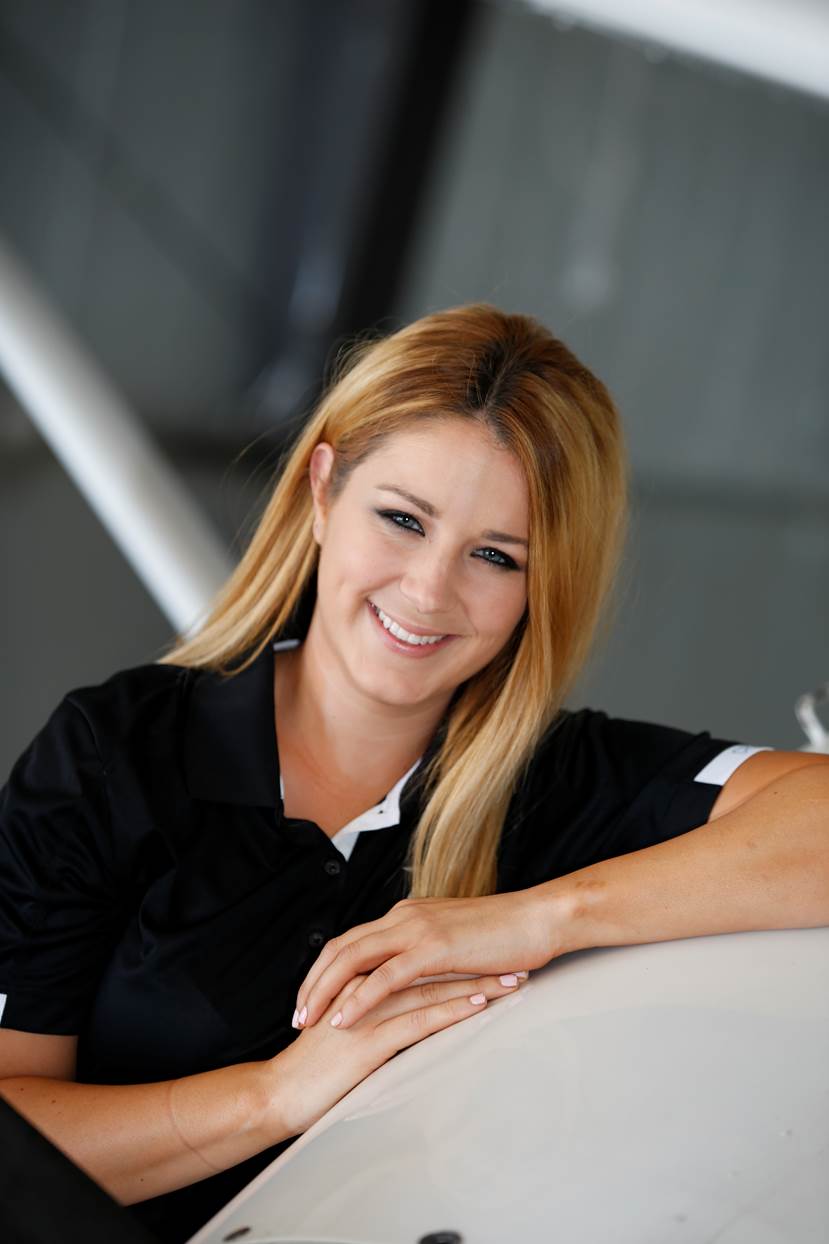Thousands of advantageous hours flown
AOPA's AFTA training program catching on
The flight training world has taken notice, and the AOPA Flight Training Advantage (AFTA) program is off to a tremendous start with more than 5,000 hours of instruction flown using AFTA's tools and capabilities.
Introduced in 2021, AFTA is a web portal- and iPad-based training platform created by AOPA's You Can Fly team to enhance and streamline the flight training experience for students, flight instructors, and flight schools. The innovative tool works by customizing lesson plans, adapting to each person's way of learning, and making the process more rewarding.
Over the years, flight training tactics have remained relatively static—halting progress for many student pilots. AFTA aims to address the most common reasons that student pilots either drop out of flight training or take much longer to complete their primary certificates. While the FAA requires 40 hours of flight time to obtain a private pilot certificate, studies show that the majority of students take an average of 60 to 70 hours to complete their certificates.
As a structured and dynamic program, AFTA aims to reduce the time associated with flight training and therefore alleviate the financial burdens of student pilots.
"AFTA is truly a game changer for the flight training industry," said AOPA Senior Director of Flight Training Education Chris Moser. "This modernized method of teaching allows student pilots to master their skills quicker and more efficiently than before. Because of AFTA, the needs of today's pilots are being met to their fullest potential," Moser said.
AFTA is also a strategic tool for flight schools as it allows flight instructors to get fast lesson prep, in-cockpit grading, and instant access to all of their students' records. The program automatically assigns lesson elements based on student performance, and these can be modified on demand. They can take the iPad with them into the cockpit to see airman certification standards and common errors as they grade maneuvers.
Flight schools using AFTA will also have access to an owner's portal that shows how many active students, new students, and instructors are working at any point in time. An overview gives the total hours of flight time flown in a month. Flight schools can also see where students are in their progress by stage (presolo, solo, and checkride prep). If the school uses either Holdshort or Flight Circle, an entire schedule and fleet data are also displayed.
To date, more than 1,200 schools are using AFTA, which has surpassed 5,000 hours of instruction. Feedback regarding the program has been overwhelmingly positive among flight schools, CFIs, and students.
Cathy Frankel, CFI and owner of Learn to Fly Flight School at Kingman Airport in Arizona, said AFTA has been a great tool for her as an independent flight instructor. "In a structured environment like an accelerated program or a university program where they have an outline that you have to follow," Frankel said, "a lot of schools and independent instructors don't have that, they have to kind of create their own thing. So AFTA allows you to create structure where there normally isn't for the independent instructor or small flight school. It allows structure in an unstructured environment."
Frankel went on to say AFTA has "helped me to focus on what I need to evaluate for my students, how to give them measurable goals and objectives and feedback for how they're doing and how to move forward from that point."
The You Can Fly program and the Air Safety Institute are funded by charitable donations to the AOPA Foundation, a 501(c)(3) organization. To be a part of the solution, visit www.aopafoundation.org/donate.




